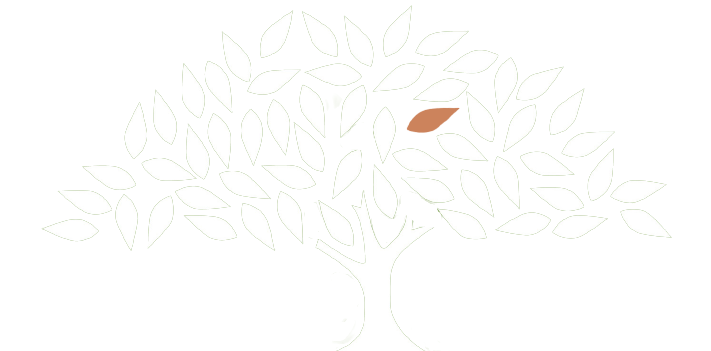Coaching: What Distinguishes It From Therapy?
The field of coaching as a structured profession is new and loosely defined. I’m an experienced business and leadership coach. I am also a trained therapist.I left the field of therapy at 27 to go into business. At that time, one of my clients who had schizophrenia said to me, “Well you are an okay therapist but you are too young. Go out in the world and get some life experience and then you’ll be a good therapist.” When I told my other client I was leaving, she said, "I hope you drop dead." And then hung up. So goes the life of a therapist! Lol.
Having now worked in business for over 20 years, I found my clients words to ring true – not dropping dead! I can attest to the richness of my work and life experience making me a better coach, counselor, and consultant.The clinical training I received has been invaluable in my coaching and facilitation work in terms of:
1. Understanding what is required for significant, sustainable behavior change.
2. Understanding group dynamics and how to best leverage them to facilitate insight and learning.
3. Having an appreciation for how many people are “in the room” when talking with a client.
4. Understanding how to keep boundaries between “my stuff” and my client’s “stuff” in service of what is really helpful for the goals of our engagement and their development.
I have been in many industry discussions focused on differentiating the distinction between therapy and coaching – and have yet to find a clear definition that is accurate and concrete. I heard it said, “While coaching holds that the client is whole, resourceful, capable and creative, therapy does not.” Many therapists would take exception.
When you are working with "the worried well”, the lines are gray. The overlap is both coaches and therapists work in the realm of emotions. Today our problems are more complex so require both head and heart, thoughts and feelings.While many therapists lead with emotions, they may also work on left brain strategies to heal their clients. With matters of the heart, you can’t always hold the results to a timeline and the cathartic process can be charged and messy. Coaching work is time bound, to monitor and measure results. While coaches may lead with left brain approaches, they need to address emotions in order to get at the roots of sustainable change. All true change takes place in the context of safety and trusted relationships.
To me, the bottom line for coaching is: have the coach and coachee created an alliance of the client’s design that will help him or her achieve their goals? Does the coach have a diverse toolkit that can help his/her client see and feel the possible and make real, measurable progress against it?
Is the coach serving as a safe sounding board. co-strategist and giving their client timely, candid feedback? This is the heart of coaching. Nothing more, nothing less.
